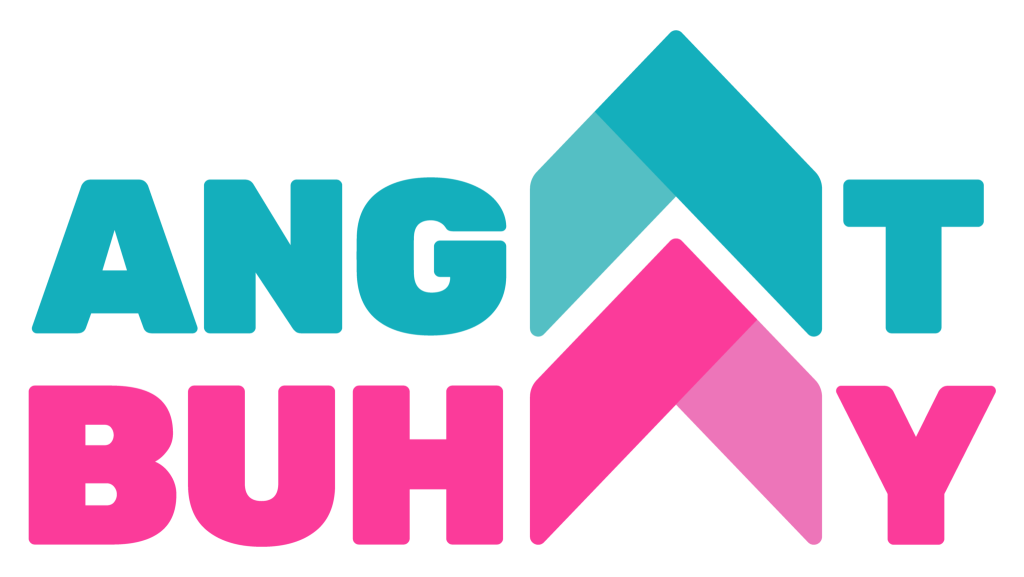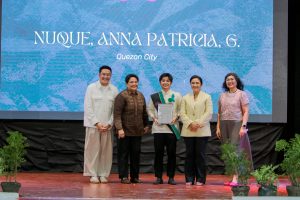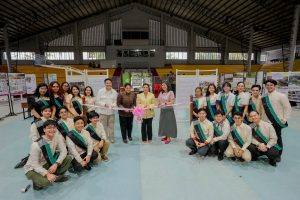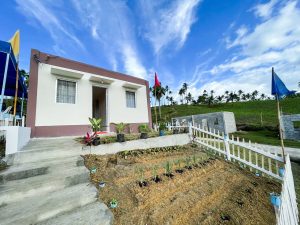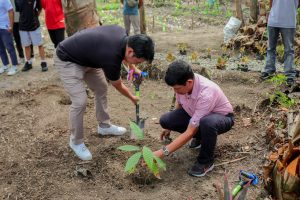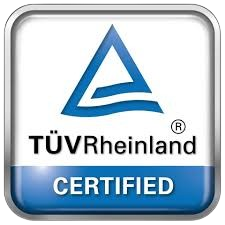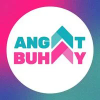Executive Director Raffy Magno presented Angat Buhay’s low-cost, fast-build classroom model at today’s public hearing of the Senate Committee on Basic Education.
“Civil society has long proven that we can build quality classrooms faster and at a lower cost,” he said, explaining how Angat Buhay constructs a fully furnished classroom with fans, boards, chairs, and initial school supplies for only ₱800,000 to ₱1.1 million in just three to four months.
The longer we delay, the more we condemn the next generation to a broken system. Each peso wasted and each day lost reflect neglect, and when that neglect robs children of their future, it becomes a failure our nation cannot and must not accept.”
—Raffy Magno, Executive Director, Angat Buhay
The presentation was part of the Senate’s discussion on proposed bills to address classroom backlogs, including the Classroom-Building Acceleration Program Act and E-Textbook Para sa Lahat Act.
